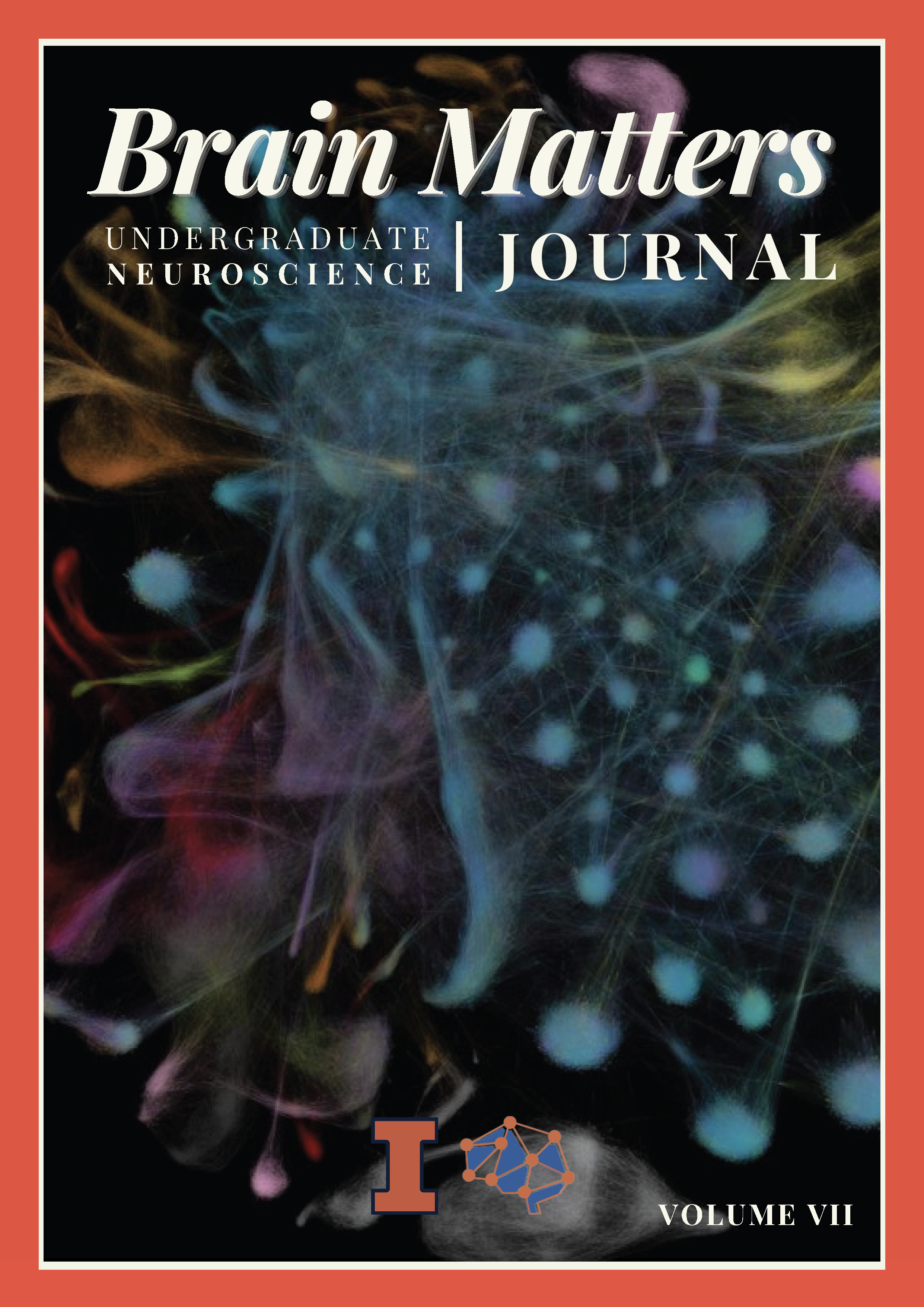Can Expressing Gratitude Make You Happier & Healthier?
Main Article Content
Abstract
The human brain consistently receives stimuli and adjusts accordingly. From social cues and emotions to memory consolidation for your studies, the brain is a moving part that is shaped by the environment and its inputs. One of these inputs is gratitude which can lead to changes in the brain’s molecular and chemical structure leading to outcomes such as increased confidence, less anxiety and depression, increased resilience, motivation, and productivity. This paper focuses on the power of gratitude and positive self-talk and how that can be harnessed in applications in the real world and to improve overall mental health.
Article Details
Section
Articles

This work is licensed under a Creative Commons Attribution-NonCommercial-ShareAlike 4.0 International License.

